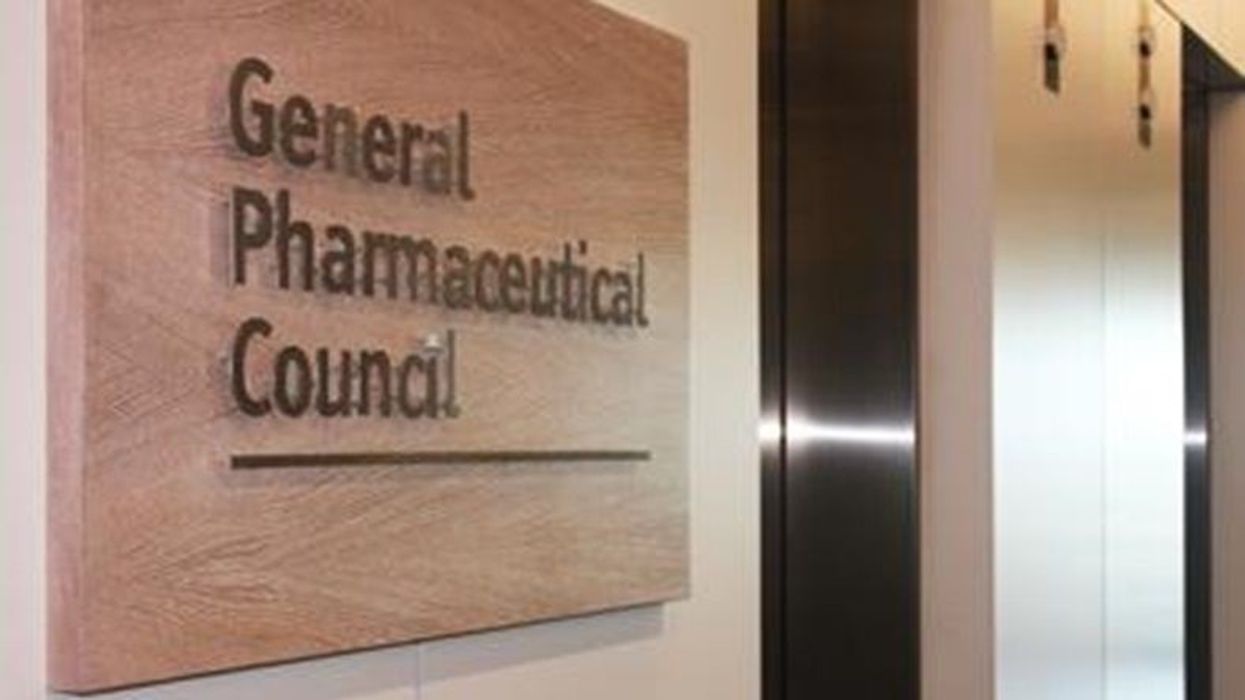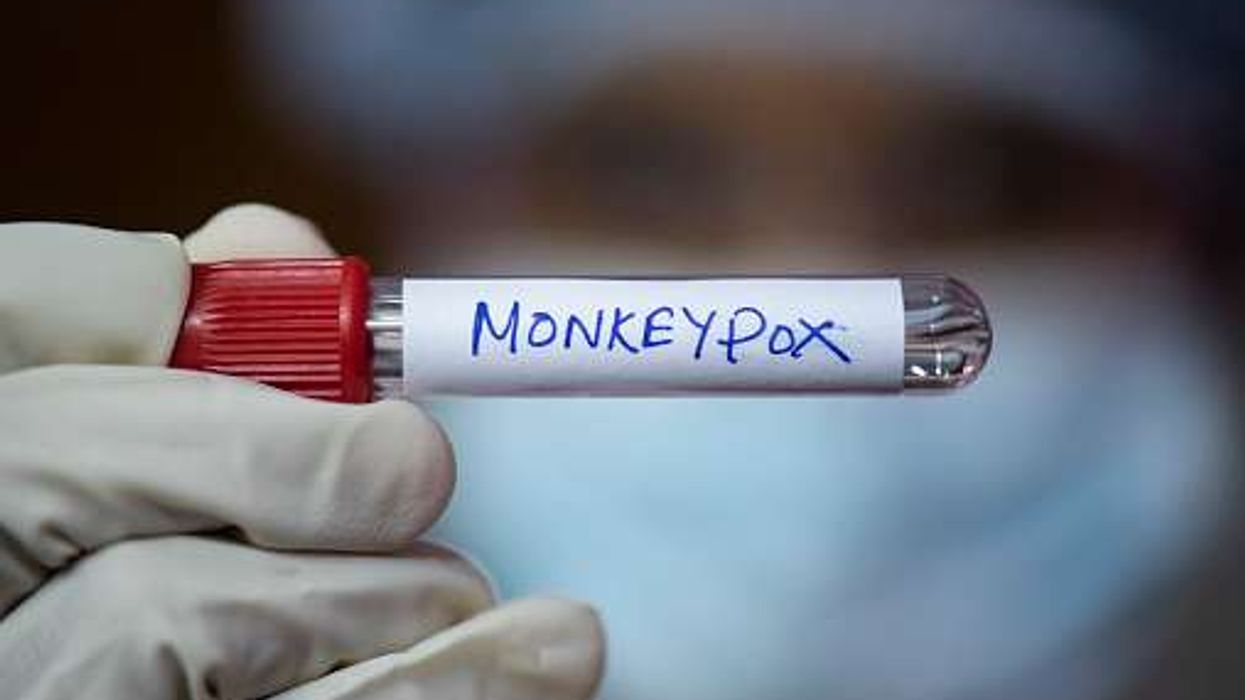A quarter of all pharmacy teams have yet to receive an adequate individual Covid-19 risk assessment, a new survey has found.
The survey, carried out by the Royal Pharmaceutical Society (RPS) and the UK Black Pharmacists Association (UKBPA), has revealed a varied picture in terms of pharmacists’ experience and views of coronavirus risk assessments.
An earlier survey in June carried out by the two organisations found that more than two-thirds of black, Asian and minority ethnic (BAME) respondents had not been approached by their employer to conduct an assessment.
The new survey shows that 24 per cent of all pharmacists are still waiting for a risk assessment to take place, with little variation amongst ethnic groups who responded.
Just under two thirds (63 per cent) of those surveyed believed they were at risk of Covid-19 in their workplace, rising to 71 per cent of Black pharmacists and 67 per cent among Asian respondents.
Yet 68 of Black and 58 of Asian pharmacists believe that changes could be made to their workplace to reduce their risk of Covid-19, compared to 44 per cent of white respondents.
Concerns were also raised by respondents about the consequences of risk assessments. Whilst only 6 per cent of white respondents were concerned about the outcome or impact of their risk assessment, 22 per cent of Black and 18 per cent of Asian pharmacists were concerned.
"With well over two months since an NHS letter raising the need to risk-assess staff at higher risk of Covid-19, these findings highlight that there is still work to be done to protect colleagues, especially those from BAME backgrounds, said Sandra Gidley, president of the RPS.
“It’s unacceptable that over half of respondents feel more changes could be made to reduce the risk of Covid-19 in the workplace, despite constant calls from RPS and the UKBPA for the NHS and other employers to risk access staff.
“As we approach winter and potential further pressures from Covid-19, it’s critical that pharmacists are able to practice without the additional worry and anxiety that precautions to protect them from the virus are inadequate.
“There must be no repercussions of the risk assessment on the employment of pharmacy team members. Full risk assessments must to be put in place to properly assess all pharmacy staff, so they feel safe in the workplace whilst providing care for patients.”
Elsy Gomez Campos, president of UKBPA, said: "It’s very worrying that almost a quarter of pharmacists haven’t had a risk assessment conducted yet. For the well-being and safety of pharmacists, risk assessments need to be culturally competent and carried out on the whole workforce.
“Assessments which amount to a tick box exercise are unacceptable and as profession we should not tolerate this. It’s obvious from the survey respondents that employers could do more to deliver changes to the workplace to reduce exposure to Covid-19.
“Finding out that pharmacy staff are anxious about risk assessments resulting in redundancy, inadequate working practice and potential workplace discrimination is heart-breaking. This reflects badly on the culture of the workplace. It’s my hope that employers will be able to find and implement innovative and safer ways of delivering patient services without causing further stress to those doing their outmost in difficult and unpredictable times.
“The pharmacy workforce, in particular those at higher risk, deserve to feel protected when providing their essential services during the Covid-19 pandemic.’’











